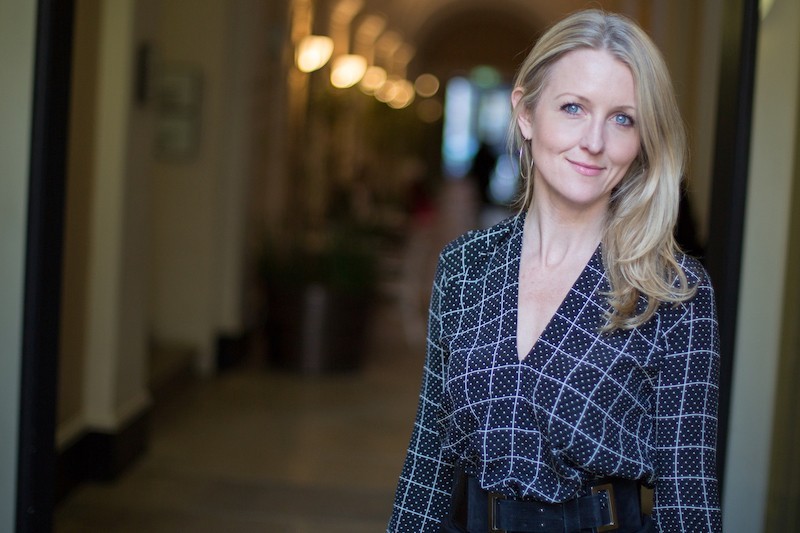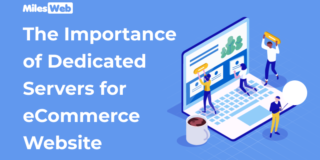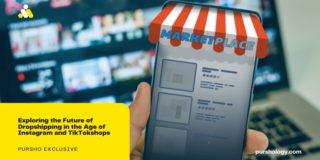The Work Crowd is a platform that connects businesses with vetted freelancers in marketing communications. We caught up with the company’s founder and CEO, Alice Weightman, to find out more about her job, and how the company is weathering Covid-19.
Please describe your job: What do you do?
I am the founder and CEO of two talent businesses in the marketing and communications industry. Hanson Search, a global headhunting consultancy, and The Work Crowd, a platform that connects businesses with the best, vetted freelancers in marketing communications across the UK, Europe, and the Middle East.
How has your typical day been impacted in the short term by the pandemic?
My world is often about building meaningful connections, and I have always been a great advocate of doing that face-to-face. It’s a great way to learn, win business, and I love meeting new interesting people. So before, my day was full of breakfasts, lunches, events and networking – emails were answered on the go and internal lunch and learn sessions held weekly and planning sessions around the board table, thinking about our one to three year plans.
That all came to a sudden stop. I found myself focusing much more internally on staff and welfare. Initially during lockdown my life was jumping from one Zoom meeting to the next and having less time than ever before. When you aren’t face-to-face, you have to remember to have more personal check-ins and ask people how they are – things that you would have done whilst in the kitchen making breakfast in the office or down at the pub.
I now have struck a better balance; I’ve replaced jumping out of bed at 6am for reading the news till 7am, and mentally planning my day. I have lunch and supper every day with my teenage kids, something I haven’t done since they were three months old. It’s given me more time to think and probably make better decisions.
Although we were set up to work remotely and offered some flexibility, most people worked in the office each day. I think this is where we will see the biggest change, and going forward, we will be implementing a hybrid model of only using the office three days a week and renting out the space for two days to another business. People are worried about using co-working spaces, but when you have the whole office space for the business a couple of days a week then this seems like a better solution.
Another change for us is that we have seen the need for freelancers surpass the need for permanent employees fivefold.
What are your favourite tools and techniques to help you get your work done at the moment?
I’m a bit of a traditionalist, having tried and failed at most of the planning tech tools out there. I love a notepad and daily/weekly to do list. However, we do use Microsoft Sharepoint, which is great, and also WhatsApp channels for quick internal comms..
I tend to work in 45 minute sprints – followed by a cup of tea and a short walk at the start of the day, lunch time, and a run in the evening – it keeps me sane!
What trends have you seen in the last few weeks in your sector?
In March, hiring came to a grinding halt for about 85% of our clients, but since May we have certainly seen things pick up and we are pitching at least once a week and winning new briefs.
With The Work Crowd we have had a 40% month-on-month increase in new projects posted on the platform since April, so I think a really positive sign that confidence is growing, but also businesses are looking at alternative more cost effective ways of working. We have seen a large percentage of workforces now wanting to work at least two or three days from home, but also people saying that they want to start having some face-time with their colleagues.
Although many permanent employees are worried about moving jobs at the moment, many are still considering it, citing the way their current employer has treated them (i.e. putting increased pressure and demand) during lockdown as a reason for looking. Covid-19 has really made people think more about the values and culture of the business they work for.
What changes are you making to help your company connect with how people are feeling and experiencing the pandemic?
I think the most important thing is just keeping in touch and having regular check-ins. Initially we were doing daily meetings with different groups, but it became too much for everyone. Now we have some structured company meetings and ‘Zoom bar’ every other week and catch ups twice a week – it seems a much better balance.
With our community of freelancers we have been arranging some webinars so people can stay connected with one another and learn from others in the industry.
Which companies have impressed you during the pandemic?
I recently did a webinar with the Head of Communications of Tata Steel, Tim Rutter. He talked about the measures they had taken with their employees and I was really impressed.
In what might seem like a traditional, slow paced industry, the company has really put its people at the heart of everything, developing new ways to communicate and ensure that staff’s safety is upheld. For example, they now use Facebook as their internal communication tool as they realised that most of the staff (furlough, remote workers or those in the plants) and their families would be able to quickly see the steps they were taking. It also meant total transparency and honesty, and helped show the local communities what they were like as a business.
What advice would you give a marketer right now?
Keep your skills fresh and relevant for today’s market.
What does long-term planning and strategy look like now at your company?
Long term feels easier to plan than the shorter term, which is relatively fluid at the moment as we get through the pandemic. We have seen a spike in the number of freelancers register and businesses post projects on The Work Crowd and that’s not just in the UK, but across Europe. We will be launching in the Middle East very soon.
We have ambitious plans, to be the largest global community of trusted expert freelancers in marketing and communications globally – and that’s what we are focusing on.





